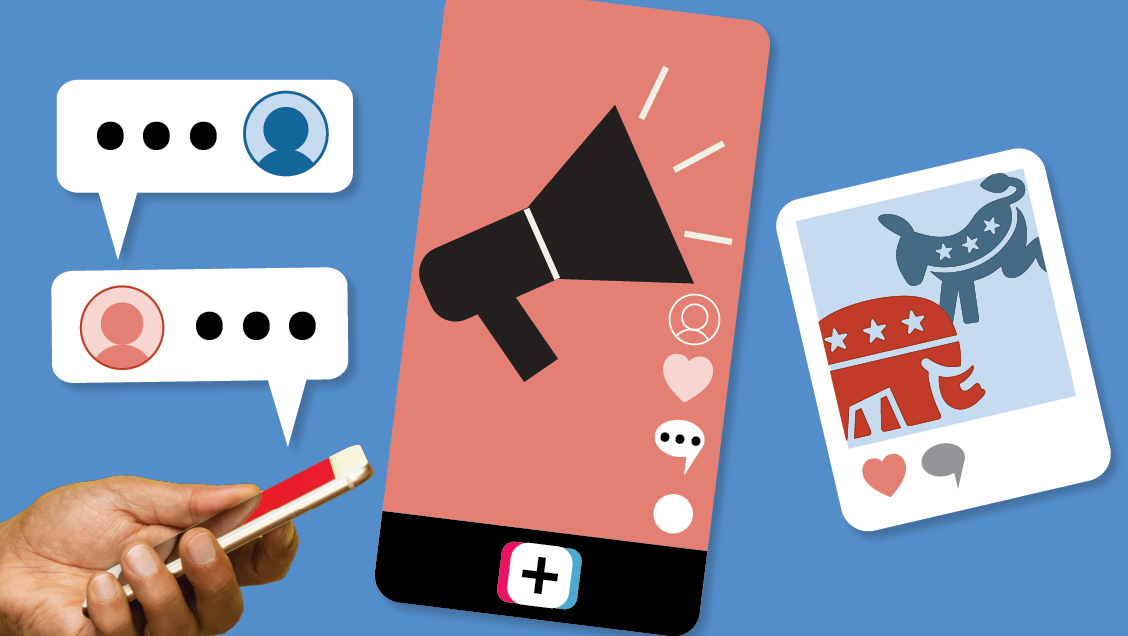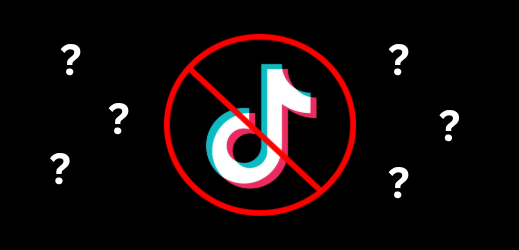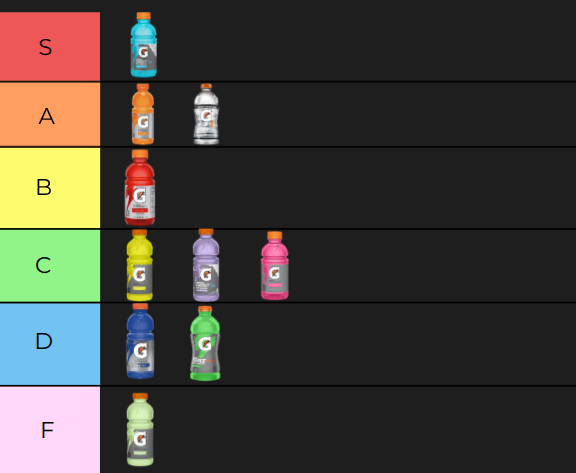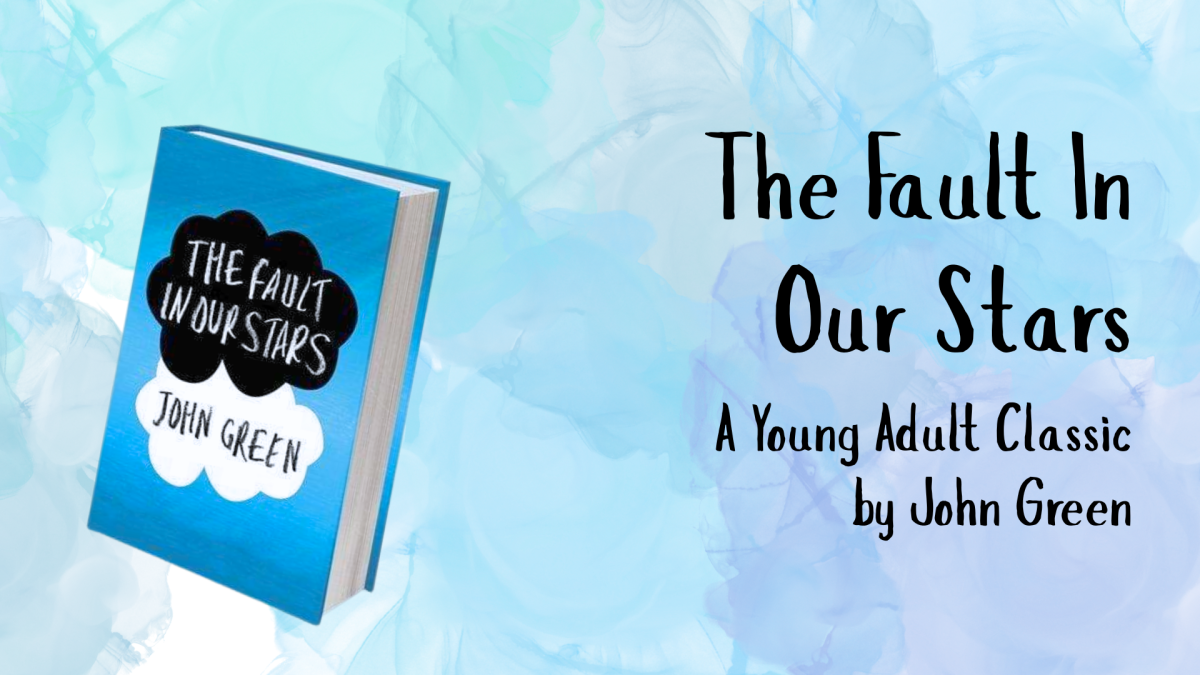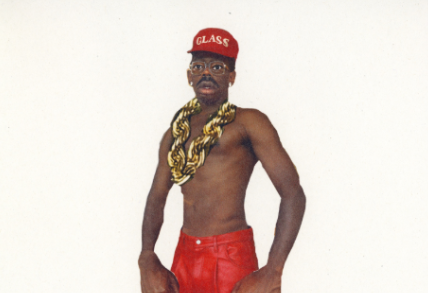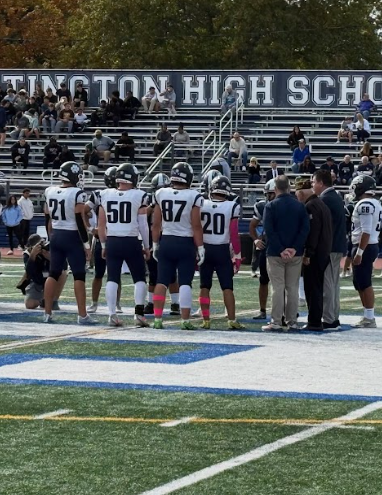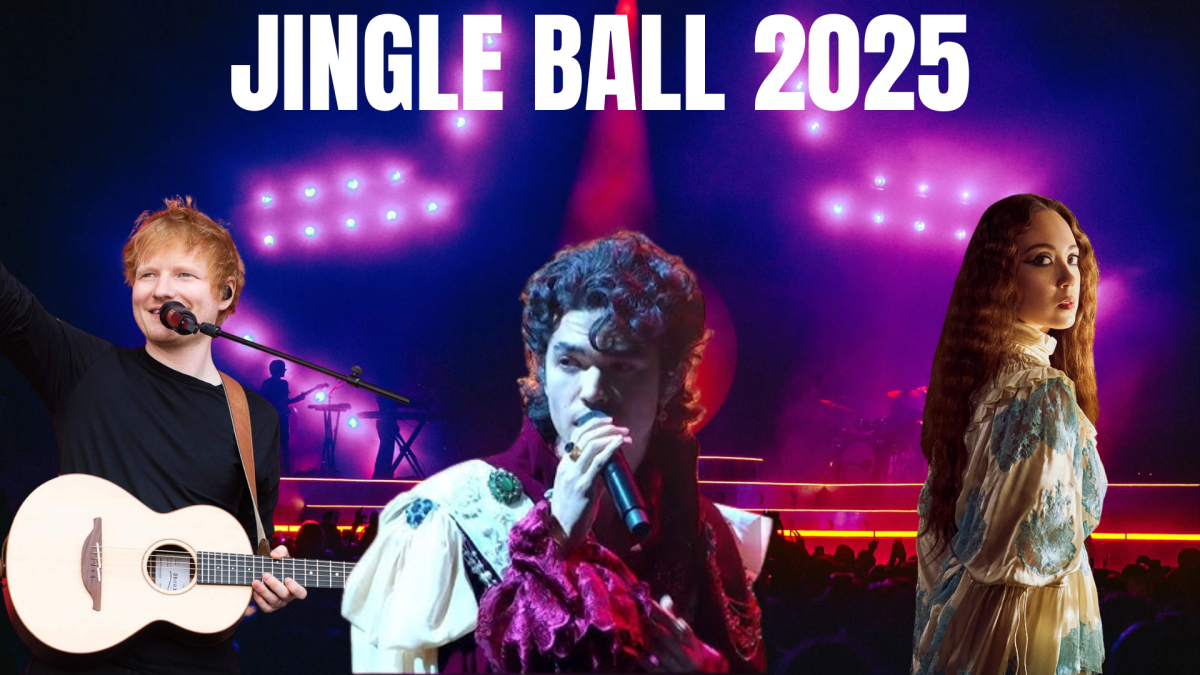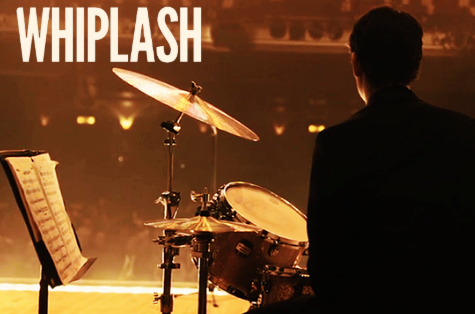What started out as a platform for dance videos, memes, and lip syncing has become a major space for political debate- especially among young people. TikTok has turned into the arena where teens and young adults engage with the news and politics. Content creators have earned their place in our media landscape with political debate videos gaining millions of views.
How Did Tiktok Become Political?
TikTok is a popular way to get news and learn about the world for younger people. Young people are driving much of TikTok’s political activity. Many users under 30 say they see political content frequently on TikTok. According to the Pew Research Center 48% of TikTok users ages 18 to 29 use the app to stay informed or to express opinions.
But the accessible short video format (15-60 seconds) has downsides: It forces creators to condense nuanced political thought into shareable videos. Political influencers often use humor, drama, or storytelling when talking about politics, blending entertainment and education. However, this content can blur the line between facts and opinion.
Do Tiktoks work to grab a viewer’s attention? Yes but creators run the risk of oversimplifying complex issues. TikTok’s algorithm pushes out videos that get high engagement (likes, comments, shares) no matter what side of the political spectrum they’re on. Content that’s especially bold or divisive often travels further, since it sparks stronger reactions from viewers. TikTok also gives creators the ability to talk to each other in real time through livestreams, which draw in massive audiences and money from donations.
From Charlie Kirk to Dean Withers
Two creators who frequently appear in TikTok political spaces are Charlie Kirk and Dean Withers. Charlie Kirk emerged as one of the most recognizable conservative voices on the platform, and his recent assassination has brought renewed attention to his influence on young audiences and the growing impact of political debate online. On the other side of the spectrum, Dean Withers has become a prominent leftist voice, engaging in debates and discussions that often contrast with Kirk’s views showing how TikTok has become a space where young people encounter a wide range of political perspectives.
As founder of the conservative youth organization, Turning Point USA, Charlie Kirk was a major figure in the TikTok political debate space. Although his start on television felt traditional for the future pundit, Kirk always had the strongest base of support among the online right. Best known for his college campus tours and viral “Prove Me Wrong” events (echoing the early right wingers on Youtube), he encouraged students to engage directly with conservative ideas. His short debate clips, widely shared on TikTok, introduced conservative talking points to millions of young people and often sparked heated exchanges with less extreme creators. Kirk drew criticism from those who saw his views on race, gender, religion, as polarizing or outright offensive. Still, his ability to turn in-person debates into viral online moments made him a valuable asset to TPUSA’s investors and conservative thought as a whole.
While Kirk represented the voice of the conservative youth, Dean Withers, 21, has rapidly gained recognition as a left-wing creator. Dean made a name for himself on TikTok by debating conservative viewpoints in debate live streams, or short viral clips. Withers rose to prominence after appearing in Jubilee Media’s video “Can 1 Woke Teen Survive 20 Trump Supporters?” This video has gained over 17 million views and he has since built a large following of zealous “debate bros”. His approach, mixing thoughtful arguments, quick rebuttals, and direct engagement with critics, has helped shape the way political debates unfold on TikTok. Withers contrasts the aging Democratic Party with his witty clips and use of humor, while ultimately still upholding democratic values. By making complex issues accessible and interactive, Withers has influenced how other creators use the platform.
Kirk and Withers crossed paths, most memorably in Jubilee Media’s debate video titled “Can 25 Liberal College Students Outsmart 1 Conservative? (feat. Charlie Kirk).” This video displayed their contrasting debate styles and drew wide attention getting over 33 million views. While the two rarely agree, their exchanges highlight how platforms like TikTok and YouTube have become central stages for modern political discourse.
Where Can Online Debate Go From Here?
After Kirk’s assassination on September 10th, Withers publicly condemned the attack, making it clear that despite their differences, political violence has no space in our society. Their history of debate and disagreement reflects something larger, the growing role of social media in amplifying both conflict and dialogue, and the need to protect spaces where opposing voices can still meet and be heard.
For young people, that space is TikTok. Political content on social media is an opportunity to shape the future of how we discuss ideas. These platforms give young people the chance to get informed and speak up, but with that power comes responsibility. It’s easy for misinformation and hostility to spread just as fast as thoughtful discussion. The real question is how our generation will choose to use these tools, not just to argue, but to listen, to learn, and to create conversations that matter. At a time when politics often feels divided, this generation has the chance to prove that passion and respect can go hand in hand; That their voices can set the tone for tomorrow’s debate.

